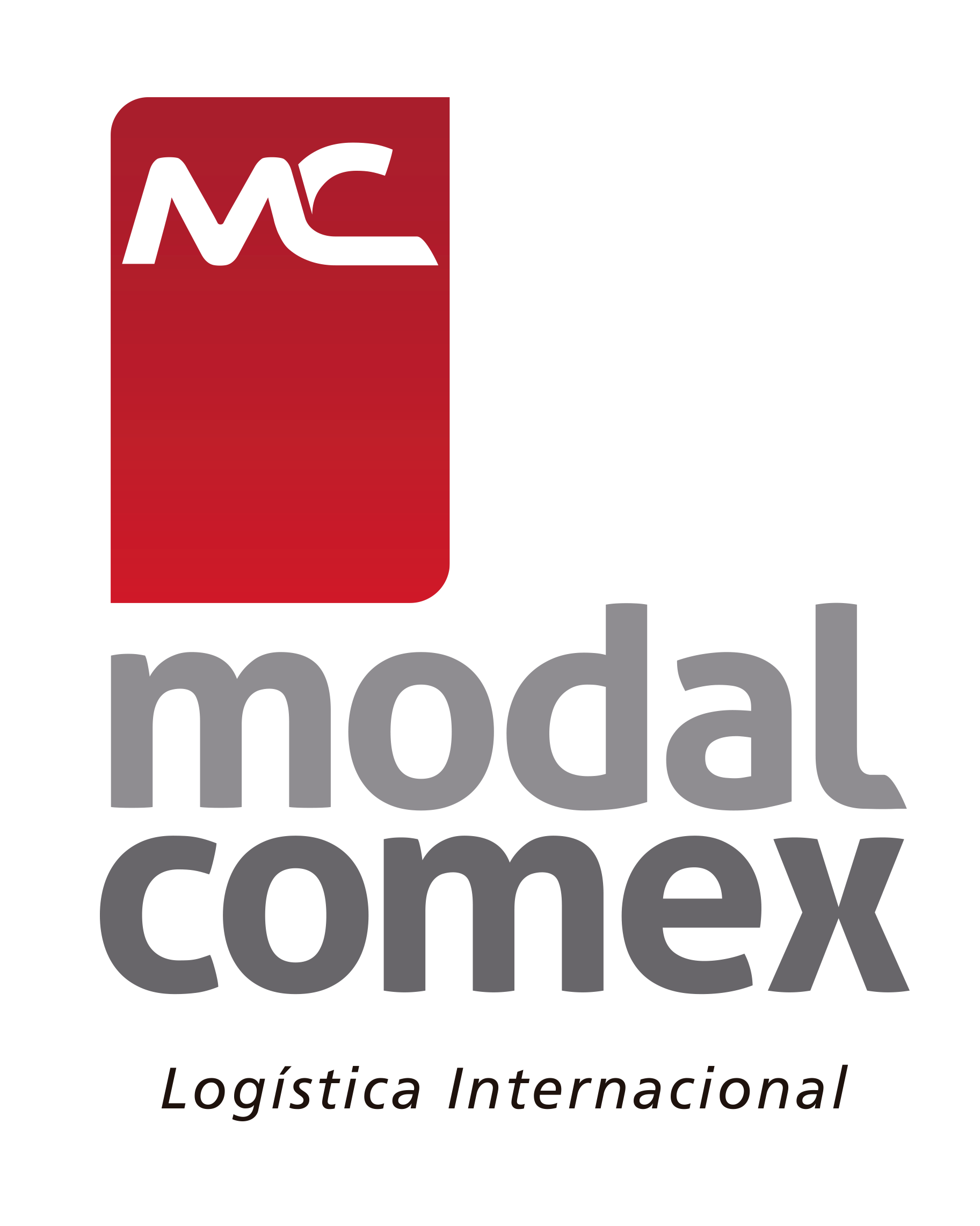New CCT system revolutionizes customs control in air transport of imports

From July 31st, a new milestone will be established for airlines and freight forwarders carrying out imports. According to the recently published Normative Instruction 2143, in force since June 16, these companies will only be able to manifest their imports through Cargo and Transit Control (CCT), replacing the old system known as Mantra. This change will bring with it a true revolution in the customs control of air transport, promoting greater ease and agility in import operations.
CCT appears as an innovative solution to improve the control and tracking processes for cargo entering the country via air transport. With the implementation of this new system, a series of benefits are expected for both airlines and cargo agents and, consequently, for foreign trade as a whole.
One of the main advantages of the CCT is the simplification of customs procedures. By unifying the import manifestation stages into a single system, companies will be able to avoid bureaucracy and gain efficiency in their operations. The new system allows the integration of information between different bodies and entities involved in the process, such as the Federal Revenue Service and the National Civil Aviation Agency (ANAC), providing more fluid and transparent communication.
Furthermore, CCT brings with it greater standardization of processes. With well-defined rules and guidelines, companies will have greater legal security when carrying out their import operations. This helps to reduce possible errors and inconsistencies in cargo records, avoiding delays and penalties.
Another relevant point of the new system is the improvement in control and tracking of cargo. Through the CCT, it will be possible to monitor the journey of goods from their origin to their final destination. This makes it easier to identify any deviations or irregularities during transport, increasing the safety and reliability of operations.
Furthermore, CCT will bring direct benefits to end consumers. With more efficient customs control, it is possible to speed up cargo clearance and, consequently, reduce delivery times. This means that imported products will reach the market more quickly, contributing to the offer of a greater variety of products and possibly positively impacting prices.
To ensure a smooth transition to the new system, airlines and freight forwarders will have an adaptation period until July 31st. During this period, it is important that companies familiarize themselves with the guidelines established in Normative Instruction 2143 and make the necessary adjustments to their internal processes.


